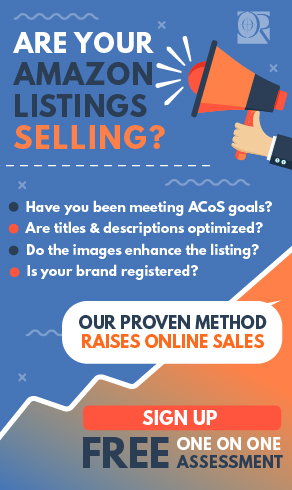SEO Basics: Where To Start
People have been going on and on about search engine optimization for years now. It’s quite the booming industry!
A quick Google search for the term “SEO” brings up 258 million results, most of which are for online tools or companies that will help other businesses do SEO (like OperationROI).
This could be, for you, one of those things you keep hearing about, but you don’t actually know what it is. Simply put, search engine optimization is the process of improving your site’s placement and visibility in search engines, not through advertisements or other paid methods but organically, right in the search results.
Some might say it’s just learning to “beat the system” or trick the search engines into bumping your site up in the rankings, but if you’re beating the system, it’s hard work. That’s because the “trick” to getting solid rankings that last for a long time is creating good content, having a good web design and site structure, and researching and using the right keywords and meta data.
You can do it all yourself, or you can work with a professional company that manages all of this. Because it can take a few hours a week just to focus on making sure your site is properly optimized.
Either way, you should know a few of these SEO basics, so you know where to start, or at least know what to talk to your Internet marketing company about.
SEO Best Practices
First, there’s a right way and a wrong way to do SEO, also known as “white hat” and “black hat.” Black hat SEO involves nefarious strategies such as keyword stuffing, hidden site text and links, and blog-comment spam. Companies and websites that use black hat SEO techniques will be caught by the search engines and blacklisted from the sites.
White hat SEO is everything we mentioned above a couple paragraphs ago: content, design, keywords. In other words, it’s taking what makes you most relevant and making sure the search engines notice.
When search engines attempt to index your site, they’re looking for a number of key items that will play into the ranking they assign you, including page title, meta description, meta keywords, and how many good inbound links you have (and the quality and relevance of the sites that link to you).
Good content is paramount, obviously: People need to be searching for what you’re putting out there. Good design with well categorized pages, back-linking and a sitemap to aid in navigation will help both real visitors and search-engine crawlers better understand and index your site. And keywords will be what brings it all together.
If you don’t think SEO is an important business strategy — and if you choose not to do it — then you’re practically inviting your competitors to take all the new business out there. Because they do think it’s important, and their site is at the top of the search engines’ results pages, while yours could be clicks and clicks away.
The “if you build it, they will come” strategy may have worked for general store owners on the burgeoning frontier, but in today’s competitive web environment, you need to be working as hard as the other guys to stay top of mind — and top of Google!







Thank you so much for sharing helpful information